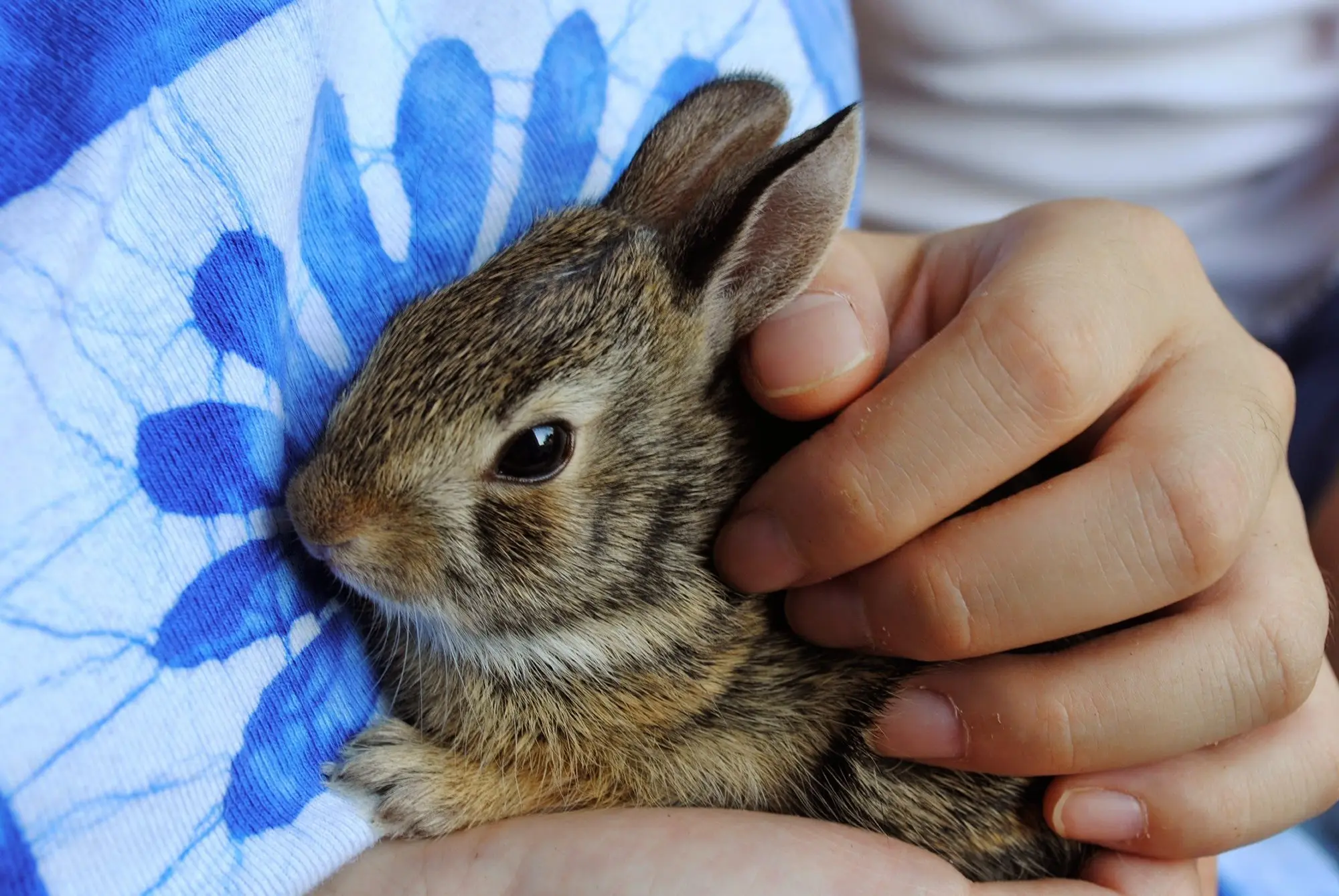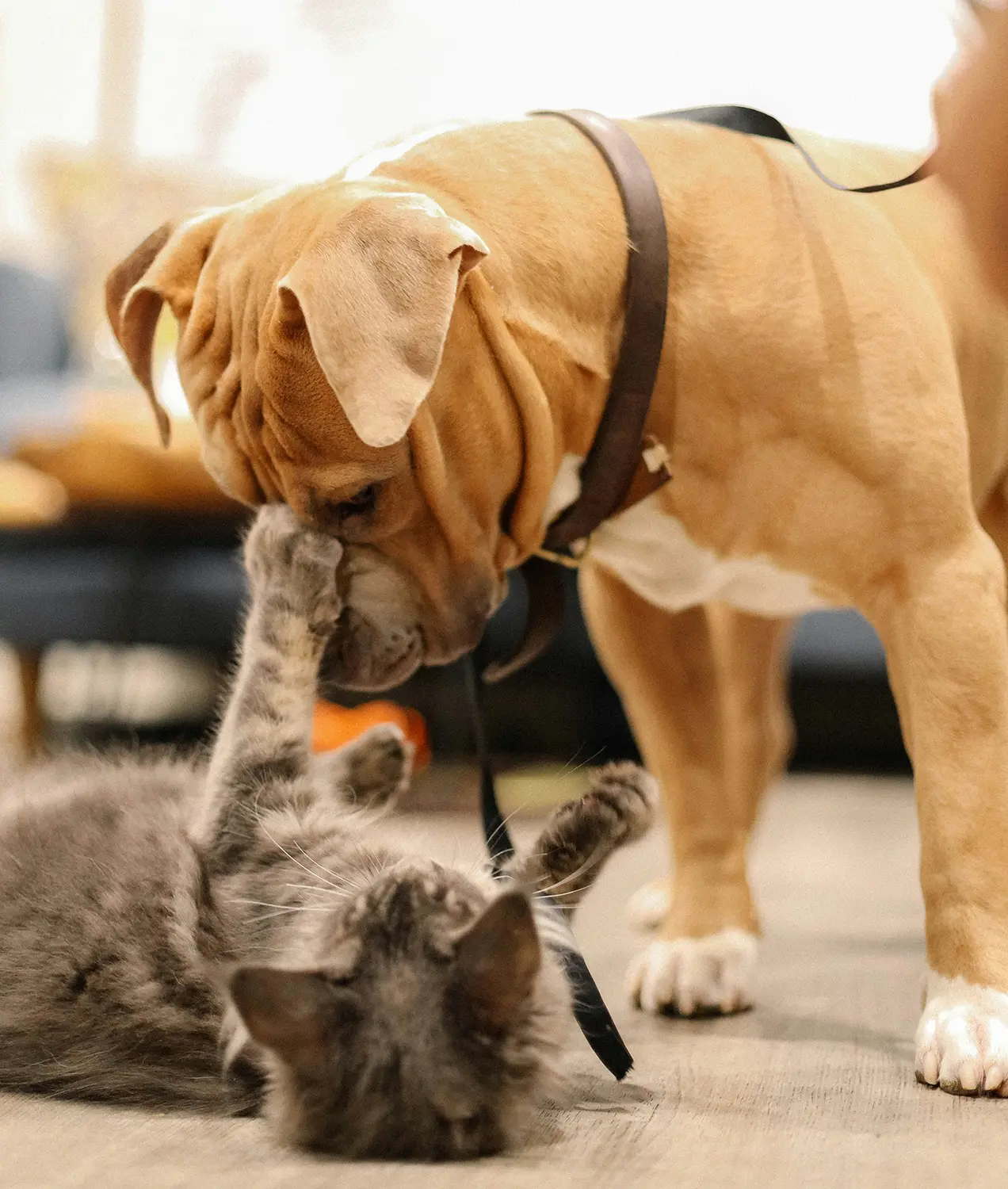
Los conejos son animales encantadores y cariñosos cada vez más populares como mascotas. Con su personalidad juguetona y su suave pelaje, pueden ser una compañía encantadora para el dueño adecuado. Sin embargo, tener un conejo conlleva una serie de responsabilidades y consideraciones. Este artículo ofrece una introducción a la tenencia de conejos como mascotas, destacando los pros y los contras para ayudarle a decidir si un conejo es la mascota adecuada para usted.
Ventajas de tener un conejo como mascota
1. Compañeros afectuosos
Los conejos son conocidos por su naturaleza afectuosa. Forman fuertes lazos con sus dueños y disfrutan acariciándolos y abrazándolos. Algunos conejos incluso siguen a sus dueños por toda la casa y les muestran su afecto lamiéndoles o acariciándoles con el hocico.
2. Juguetones y entretenidos
Los conejos son animales juguetones que disfrutan con diversas actividades. Les encanta saltar, jugar con juguetes y explorar su entorno. Observar las travesuras juguetonas de un conejo puede ser muy entretenido y gratificante.
3. Mascotas tranquilas
A diferencia de los perros o los pájaros, los conejos son mascotas relativamente tranquilas. Se comunican mediante sonidos sutiles como ronroneos, golpes o gruñidos suaves, lo que los hace adecuados para vivir en apartamentos u hogares donde el ruido es una preocupación.
4. Se pueden entrenar para hacer sus necesidades
Los conejos pueden adiestrarse para usar una caja de arena, como los gatos. Esto hace que sean más fáciles de mantener en el interior y ayuda a mantener un entorno de vida limpio.
5. Poco olor
Si se mantienen limpios, los conejos tienen un olor mínimo. La limpieza regular de su área de vida y el manejo adecuado de la dieta pueden mantener a raya cualquier olor.
6. Variedad de razas
Hay muchas razas diferentes de conejos, cada una con características y aspecto únicos. Desde el diminuto enano holandés hasta el gigante flamenco, hay una raza de conejo que se adapta a casi todas las preferencias.
7. Larga vida
Con los cuidados adecuados, los conejos pueden vivir entre 8 y 12 años o más. Esta esperanza de vida relativamente larga permite crear un vínculo duradero entre el conejo y su dueño.
Los contras de tener un conejo de mascota
1. Mantenimiento elevado
Los conejos requieren muchos cuidados y atención. Necesitan alimentación diaria, agua fresca, limpieza regular de su espacio vital y tiempo fuera de su jaula para hacer ejercicio e interactuar socialmente.
2. Salud delicada
Los conejos son propensos a varios problemas de salud, como problemas dentales, estasis gastrointestinal e infecciones respiratorias. La atención veterinaria regular es esencial para su bienestar.
3. Necesidades dietéticas
La dieta de los conejos debe controlarse cuidadosamente para evitar problemas de salud. Necesitan un suministro constante de heno fresco, una cantidad limitada de pellets y verduras frescas. Una dieta inadecuada puede provocar graves problemas de salud.
4. Masticar y escarbar
Los conejos tienen un instinto natural para masticar y escarbar, lo que puede dañar muebles, alfombras y cables eléctricos. Proporcionar un montón de juguetes para masticar y conejito a prueba de su casa es necesario para prevenir el comportamiento destructivo.
5. Necesidades sociales
Los conejos son animales sociales que prosperan con la interacción. Pueden sentirse solos y deprimidos si se les deja solos durante mucho tiempo. Es esencial pasar tiempo de calidad con su conejo todos los días o considerar la posibilidad de conseguir un segundo conejo para la compañía.
6. Necesidades de espacio
Aunque los conejos pueden vivir dentro de casa, necesitan mucho espacio para saltar, correr y jugar. Una jaula pequeña no es suficiente para su bienestar. Es necesario proporcionarles un recinto grande o permitirles deambular en una zona segura y a prueba de conejos.
7. Costes iniciales y continuados
La instalación inicial de un conejo, incluida la jaula, la caja de arena, la comida y los accesorios, puede resultar cara. Además, hay que tener en cuenta los gastos corrientes de comida, lecho, juguetes y atención veterinaria.
Tips for Prospective Rabbit Owners
1. Do Your Research
Before bringing a rabbit home, research different breeds and their care requirements. Understanding the commitment involved will help you make an informed decision.
2. Prepare a Safe Environment
Ensure your home is rabbit-proofed by removing any hazards and providing a secure, spacious area for your rabbit to live and play. Preventing their access to electrical cords is critical to their safety and yours.
3. Commit to Proper Diet and Care
Provide a balanced diet, regular exercise, and proper grooming to keep your rabbit healthy and happy. Regular vet check-ups are also essential.
4. Consider Adoption
Consider adopting a rabbit from a shelter or rescue organization. Many rabbits are in need of loving homes, and adoption is a rewarding way to provide one.
Conclusion
Rabbits can make wonderful pets for those who are prepared to meet their specific needs. They offer affection, entertainment, and companionship, but they also require a significant commitment of time, effort, and resources. By carefully considering the pros and cons, you can determine whether a rabbit is the right pet for you and ensure that you are fully prepared to provide a loving and suitable home for your new furry friend.










Escribir un comentario
¿Cuál es su calificación general?